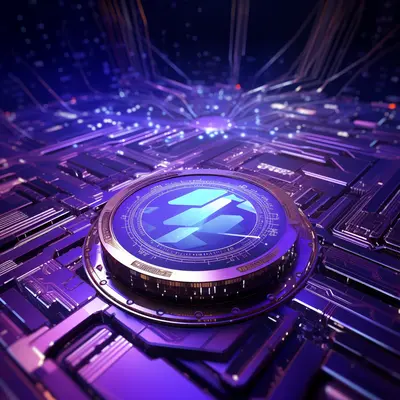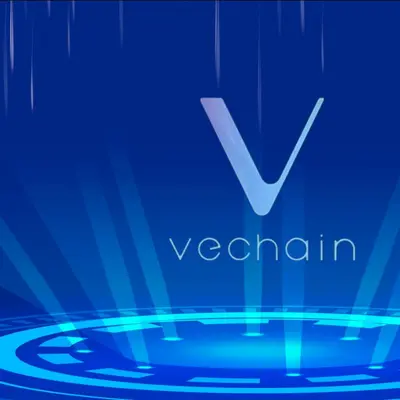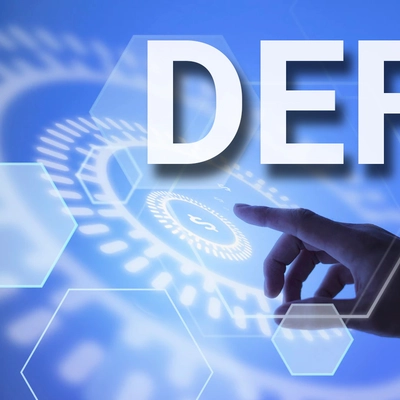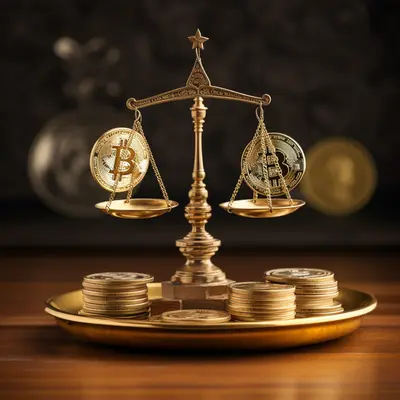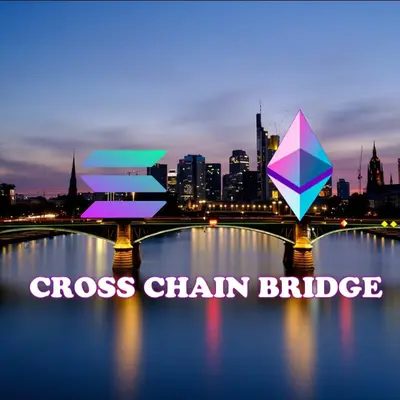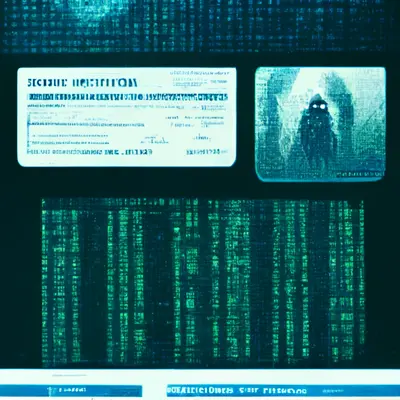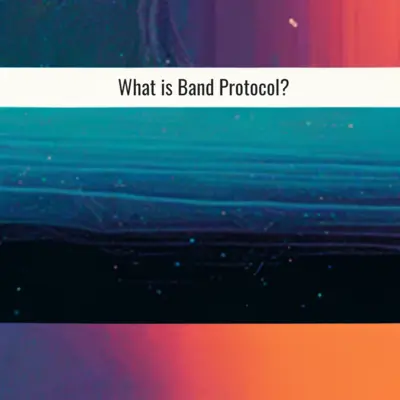What is KYC? What is AML? Note for successful KYC as quickly as possible
What is KYC and AML? Blockchain is anonymous, so how can governments and financial institutions know where the money is going?
Blockchain is anonymous, so how can governments and financial institutions know where the money comes from and where it goes? KYC and AML will help us control this problem. So what is KYC and AML?
What is KYC and AML?
KYC/AML is the due diligence process by a company or organization to verify the identity of their customers. The purpose is to ensure that the money the client wants to deposit is in their rightful possession. At the same time, it also ensures that customers are not on the "Blacklist" list such as terrorism, crime, corruption, ..
These terms are often used by the banking world. In the framework of today's article, I will mention KYC and AML in the field of Cryptocurrency.

What is KYC?
KYC stands for Know Your Customer - Know Your Customer or Know Your Customer. This is the process of collecting identifying information related to the customer of a certain service. The basic information that is usually collected is a portrait, ID number, passport, address, etc. The purpose of the KYC process is to remove unqualified people from using a certain service. . With different units, these standards may be different.
For example, exchange A only allows US citizens to register and trade on it, but exchange B allows global citizens to use it. At this time, exchanges A and B only need to filter the nationality of each user based on the collected KYC information. Based on the database collected by the KYC process, the authorities can investigate or monitor wrong acts.
What is AML?
AML stands for Anti Money Laundering - anti money laundering. Let's talk about money laundering first. Money laundering is the practice of concealing illegally earned money, in order to make the source of money "seem" legit. illegal activities such as corruption, smuggling, drugs, etc.
Importance of KYC & AML
Imagine, that a terrorist has just made 1 million dollars in cash after a bombing in Afghanistan. He wants to transfer 200k USD to his girlfriend who is selling weapons in Africa. Of course, these two subjects are extremists, they are wanted and their bank accounts are frozen. He thought of a way to convert this 1 million USD into Bitcoin to transfer. Blockchain is anonymous and no one knows who he is in these transactions.

Wait, so it's that simple for him? 1 million dollars earned from murder, is transferred to arms dealers to continue to cause further deaths for others?
The answer is NO, things are not so simple for him. To change USD into Bitcoin on the exchange, he needs to perform KYC to verify his identity and make sure his account will be Banned from the beginning because it is on the Blacklist. . And the transactions behind will not be possible anymore. At this time, KYC, AML properly perform its role in preventing "dirty money" from giving to "bad people".

As another example, the ICO project just wants to focus on issuing tokens targeting a few key markets. They can rely on the information in the KYC process to choose the right markets for them. We see the effects of KYC and AML very clearly in the two examples above. So only with KYC and AML, we can completely know and control who is allowed to buy, sell and trade in this Cryptocurrency market?
In fact, the terrorist or the buyer of the ICO can "evade the law" in a number of ways such as asking others to do KYC. This is completely possible. However, it cannot be denied that KYC and AML helped us a lot in ensuring that the source of money circulating in Cryptocurrency is legitimate.
What documents are required for successful KYC identity verification?
So how do we - ordinary users do KYC, AML? Have you ever encountered a case of performing identity verification for an ICO project or registering for an exchange, but registering forever could not due to failed KYC. Below I will list a list of documents required to perform KYC:
- Identity card (ID card) or Passport (Passport).
- Driving license (many projects allow the use of driving license instead of Passport or ID card).
- Proof of your residence is valid for 3 months. These documents can be utility bills, television bills, etc. as long as it has information about your address.
- Income declaration. That is, ask you to present documents proving where your income comes from. This is to ensure that you do not use “dirty money” for that ICO or exchange (depending on whether the ICO project/exchange requires it or not).
With the above documents, ICO projects or exchanges often ask us to provide a photo or scan and submit it to them. Some projects also require users to "take a selfie" holding ID card or Passport.
After you have submitted all the required documents, they will check the information by comparing the information you have previously registered with the information on the submitted document. This KYC identity verification process usually takes 1-2 business days. Depending on the ICO project or different exchange, they will also require different documents and authentication time.
How are we doing KYC and AML?
The US, Korea, UK, and the European Union have also integrated KYC and AML processes into their crypto systems. They are the leading countries in applying and promulgating regulations for Blockchain as well as CryptoCurrency.
Conclusion
With KYC and AML, it will take us a little more time to perform the identity verification steps. But in return, we will be able to trade and buy in a safer environment. ICO projects will also target their target market more precisely.
Hope you have had a better view of KYC and AML in this Cryptocurrency field. In your opinion, is KYC/AML really effective in practice? Do you mind having to KYC before trading on the exchange or buying and selling ICO? Please share and discuss your views by commenting below.
Oct 04, 2022



